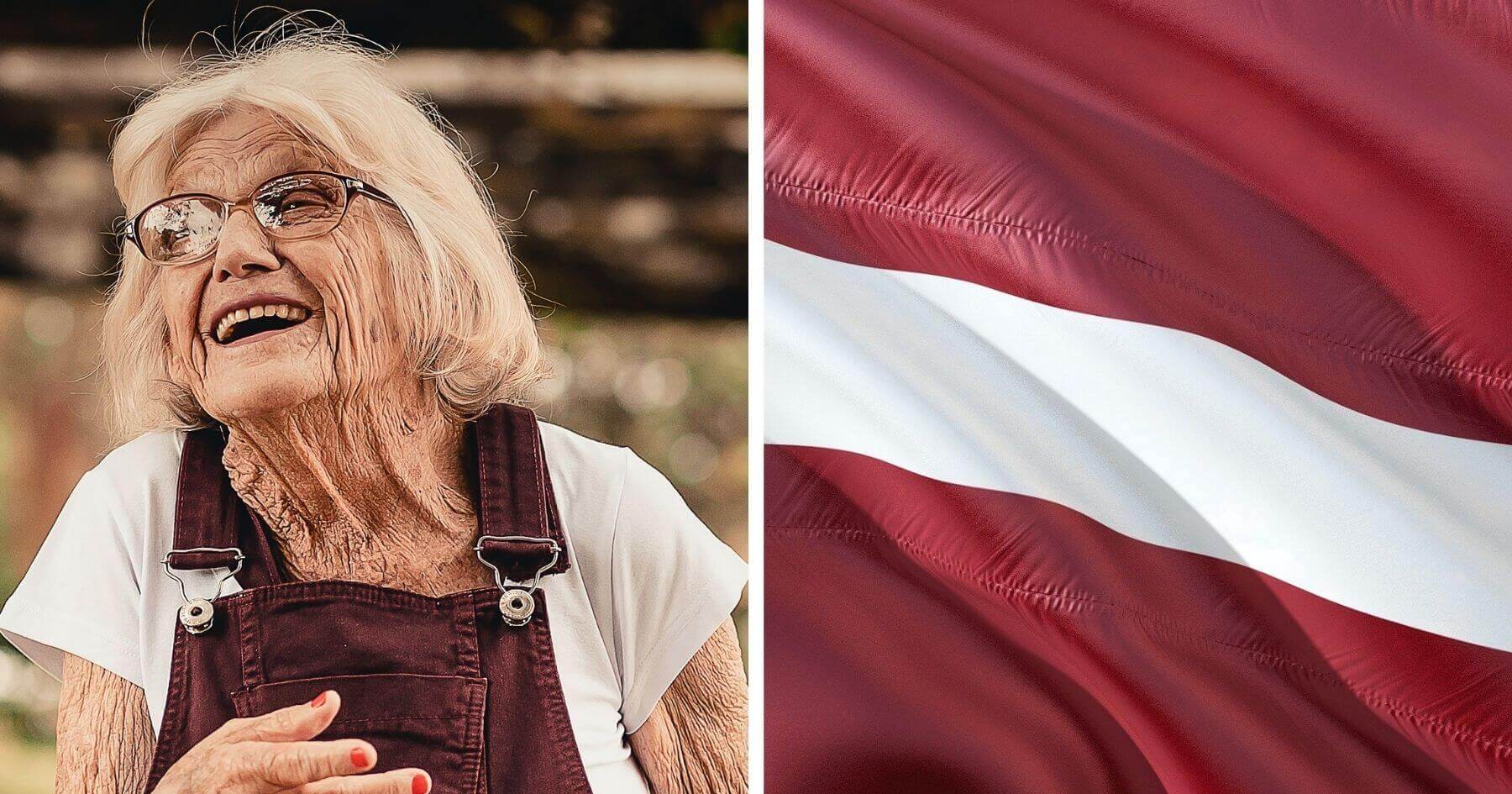The Latvian Parliament has rejected a public petition that called for the legalisation of euthanasia.
On 25 March, after a citizens initiative collected 10,000 signatures, the Saeima (Latvian Parliament) voted 49 to 38 against legalising euthanasia in Latvia.
Saeima Deputy Dr Vitālijs Orlovs said during the debate: “I understand what the initiative is about, but I was taught to fight for patients’ lives to the end. I cannot imagine injecting a person with some substance to help them die — not for any amount of money”.
According to the Latvian public broadcaster LSM.LV, representatives saw this debate as an opportunity to discuss improving end of life care more generally for Latvians.
Opposition MP Viktors Valainis (Union of Greens and Farmers) said euthanasia is “absolutely unacceptable” because it ignores a number of problems in palliative care. At the same time, Valainis stated that he was prepared to do everything necessary to improve the medical sector in the country.
Similarly, Saeima deputy Anda Čakša said that the topic of euthanasia should not be discussed until the issue of palliative care is resolved in the country.
The Netherlands: “a model” for euthanasia
The author of the petition, Pēteris Buks, drew attention to the Netherlands as a model for what euthanasia in Latvia could look like.
The Netherlands first introduced euthanasia in 2002 and since then has significantly expanded the scope of the law. Last year, Deputy Prime Minister Hugo de Jonge outlined his plans to introduce euthanasia for children age one to twelve.
Right To Life UK spokesperson, Catherine Robinson, said: “The last two decades have seen an enormous push by the pro-euthanasia and pro-assisted suicide lobby across Europe. It has been successful in Belgium and the Netherlands, and has more recently been joined by Spain and Luxembourg. However, strong opposition to this dangerous legislation remains. In the UK, Parliament has consistently rejected attempts to legalise euthanasia and assisted suicide. Most recently in 2015 with the defeat of the Marris-Falconer Bill, which was defeated 330-118. Similarly, politicians in France last week rejected legislation to introduce euthanasia into the country”.
“As this case in Latvia illustrates, part of the push for euthanasia is driven by real or perceived inadequacies in end of life care, particularly the provision of palliative care. Effective and widespread palliative care can go a long way towards dissuading people from ending their lives by euthanasia or assisted suicide”.












